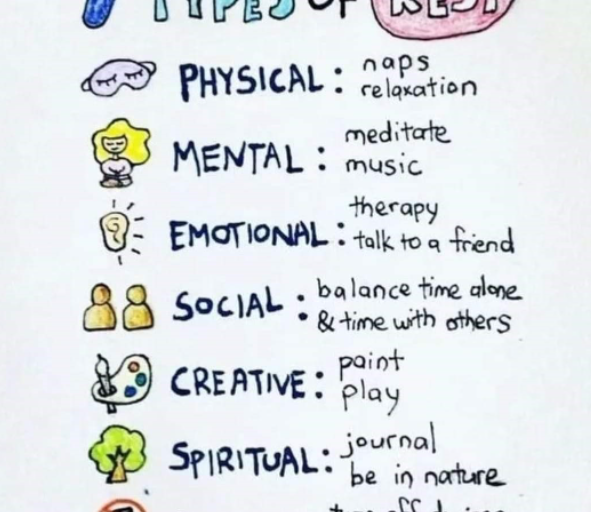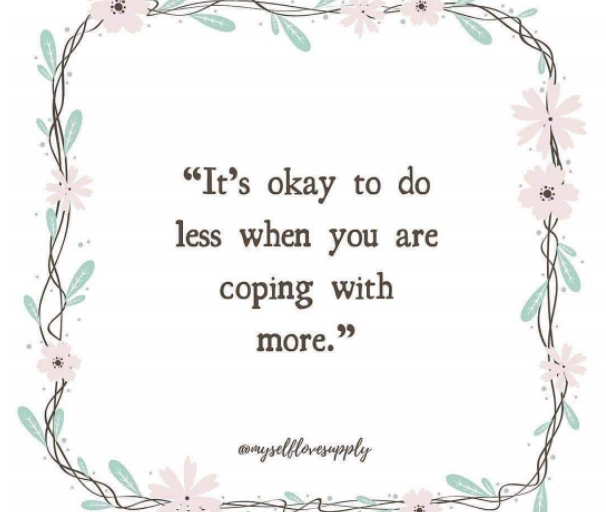April is Stress Awareness month so let’s talk about negative stress and what causes us to feel overwhelmed and struggle to cope. There are lots of helpful guides and tools in this link Stress Awareness Month 2022 – The Stress Management Society
What is stress? Simply it is the body’s reaction to feeling under pressure, overwhelmed and unable to cope with physical, mental and emotional pressure. It is a very common, but the symptoms can be severe, for example depression and anxiety, particularly when stress has featured for a significant amount of time. The last two years have caused many of us to live with a higher level of anxiety and so reduced our ability to bounce back as quickly.
Some of the signs and symptoms of stress particularly prolonged and acute stress are:
Depression, anxiety, irritability, poor memory and concentration, mood swings, low sex drive, interrupted sleep patterns, increase in health problems and pain. All of these can result in “burn out”. Burn out is characterised by chronic fatigue and exhaustion, both physical, emotional and mental. It is How to Prevent Burnout in the Workplace: 20 Strategies (positivepsychology.com)
Causes of stress:
Living with health difficulties whether that’s the person suffering or family members caring and supporting, divorce, bereavement, health issues, financial difficulties, demands at work including a negative working environment, and in more recent times life after a pandemic.
Stress affects us in different ways, some people are able to manage stressful situations, while others will be overwhelmed by it. The difference is the attitude and approach to stress, some might react in the moment, and to the physical feelings that may feature at the time, while others may take a more reflective approach. Please try to avoid self-critical thoughts and look with an open mind to help us understand why we react the way we do, and looking at a more balanced approach that supports us in cushioning ourselves against stressful situations.
Being mindful of some crutches we may use at times of stress, for example an increase in alcohol use, smoking or changes to diet. We need to be aware of these behaviours and to keep a check on them so they don’t become habitual and problematic.
Taking control of the situation can be really empowering, the small things we adjust are what can make the biggest difference to our lives.
Some of the simple ways we can help ourselves are:

Getting active (exercise) in whatever way feels right for you can really support you’re wellbeing and cushion you against stress. It doesn’t irradicate it but it does give your mind and body what it needs to balance those negative thoughts with positive ones
Meeting up with people and developing a positive support network can help you view your situation from a different perspective.
“Self Care” Very important to create time for yourself to do whatever you want just for you. It’s also important to build this into your week otherwise it loses its importance.
Avoid unhealthy habits this can be hard when we are feeling really stressed, however excessive alcohol and poor diet makes us feel tired and lethargic which only adds to those feelings of unable to cope.
It’s important to recognise the differences between good stressors, and stress that is harmful.
Good stress is normally short term and it can motivate and inspire us, help keep us focused and performing well. Bad stress however is the kind that exhausts you, leaving you on edge and is harmful to your health. You may notice yourself disconnecting from things as a way of coping with stress – this is a less recognised symptom but can impact negatively on our mood as it stops us from enjoying things we would have previously that lift our mood. Activities that help us become more mindful and present in the present can be helpful and are easy things we can practice for just a few minutes every day. There are some great ideas on this site about easy ways to do this:
It’s important to recognise when it stops being good stress and starts being prolonged stress.
AND REMEMBER

Further information:
Stress Awareness Month 2022 – The Stress Management Society
https://thewellnessconsultancy.org
Andrea Whittaker-Ward
Counselling and Clinical Supervisor
